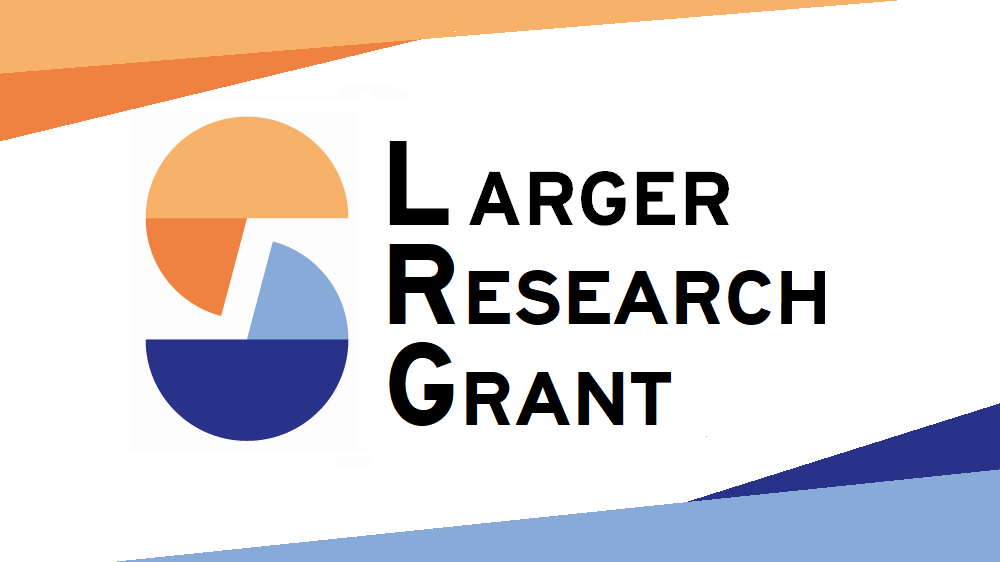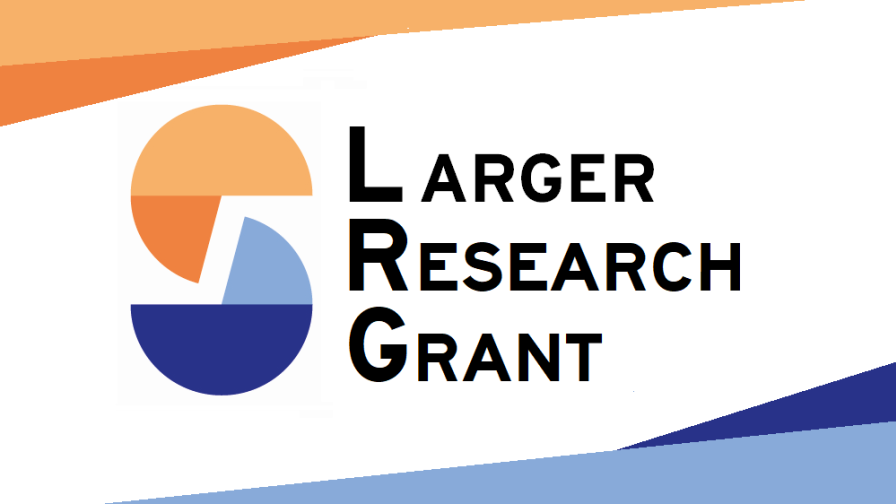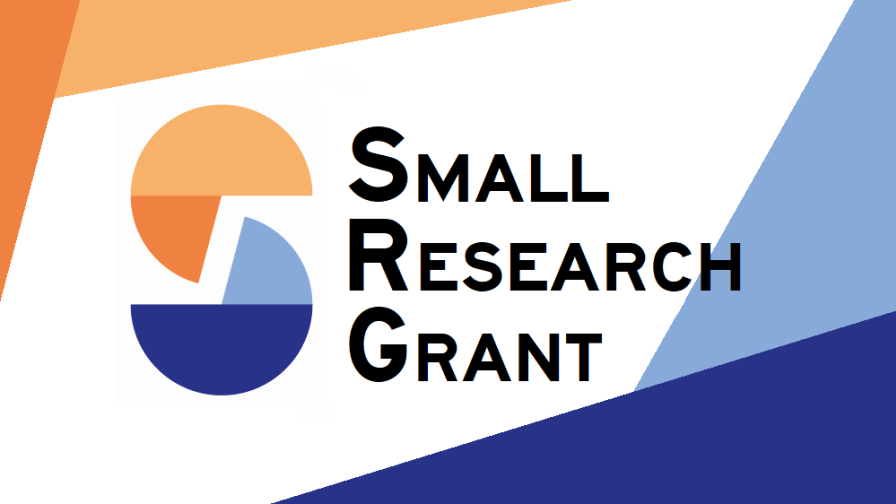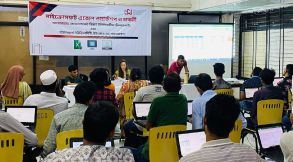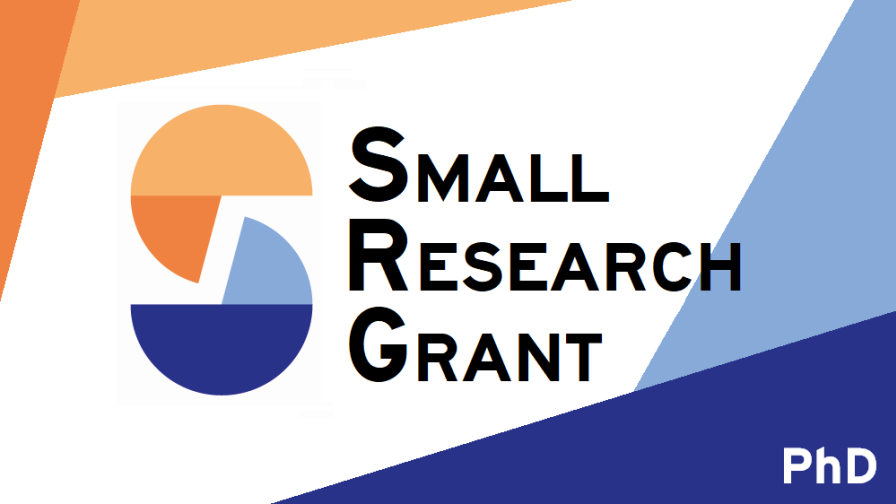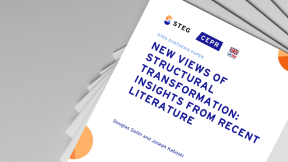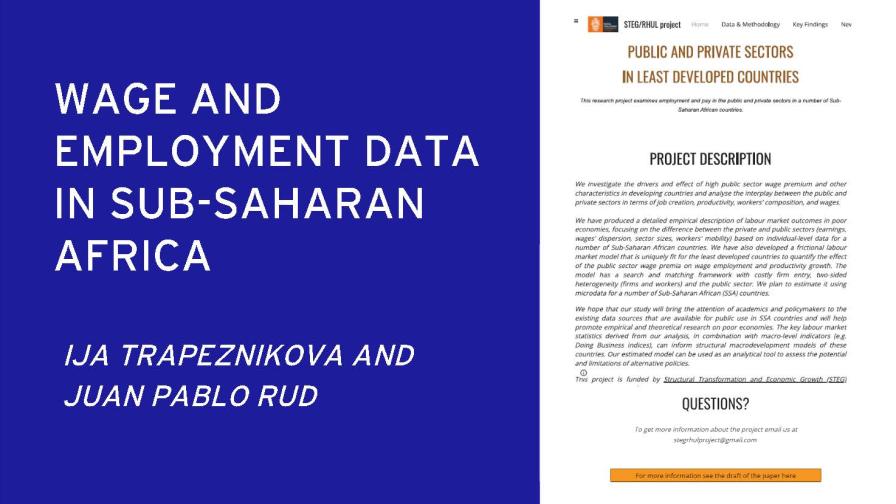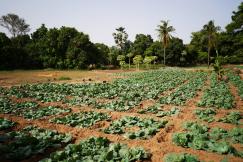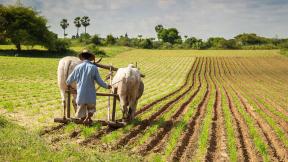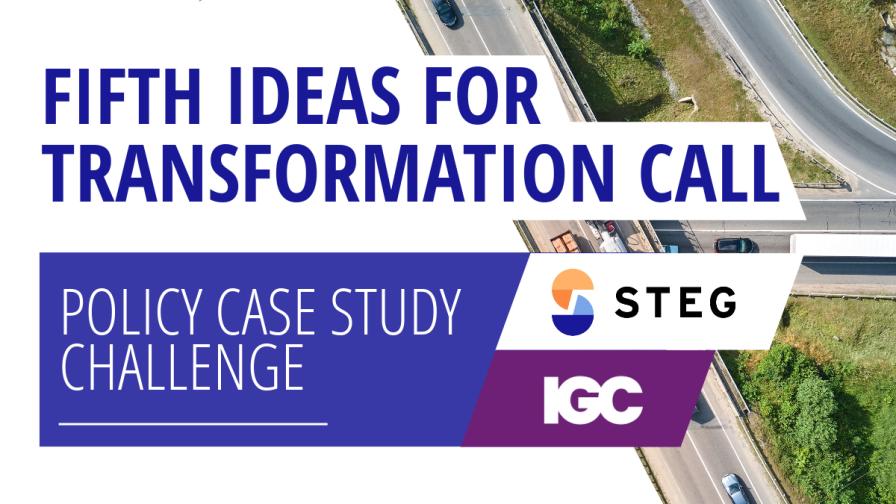Colonisation in most parts of Africa was a private enterprise. To minimise the burden on the metropole, Europeans exploited the continent’s riches by carving large swathes of land and assigning them to concessionary companies, which ruled the interior ruthlessly. Concessions regarded large plantations and mining rights. This project’s data reveals that, on a few occasions, the administration granted companies monopsony rights over agricultural produce and monopoly privileges; sometimes, concessionary companies even had state functions. The project investigates concessionary companies’ economic, social, and political legacies tracing their operations and practices over the various phases of colonisation (exploration, Belle Epoque, roaring twenties, Great depression), the independence movement, and contemporary times.
In contrast to case-study-focused literature, the research team take a holistic approach that examines the short, medium, and long-run effects of private colonisation. An integral part is the compilation of a new comprehensive geospatial dataset that maps all types of concessionary firms, providing codified information on their operations (e.g. cotton, palm oil, diamond, gold, rubber, monopsony), main practices (e.g. forced labour, coercion, compensation), and investments (e.g., transportation infrastructure, public goods). Besides this, the researchers compile spatial data recording numerous aspects of colonisation: military posts, schools, clinics, missions, administrative boundaries, prison labour, and violence, among others. First, they compare education, living conditions, urbanisation, and structural transformation just inside and outside areas to quantify the local effects of concessions. Second, they explore heterogeneity, a priori likely as there was a wide variation in the practices of companies and the administration across colonies, periods, even regions in each colony. Third, the team blends the local estimates with general equilibrium spatial models that factor in the considerable forced and voluntary population movements and conditions outside the concessionary boundaries to approximate the economy-wide effects. They run policy counterfactuals that help the different trajectories post-independence, even across nearby countries.
Quantifying the impact of colonisation is quite topical, as the old emotional debate on the pros and cons of imperialism in Africa has recently resurfaced with the Black Lives Matter movement and the demonstrations that brought down statues of Cecil Rhodes, King Leopold II, Jean-Baptiste Colbert, and other leading figures of colonisation. Besides, providing large-scale geocoded data on the operations and practices of private firms as well as geospatial data on all major aspects of colonisation will hopefully be a turning point in research on African comparative development; and will allow for understanding of the economic history of Sub-Saharan African delving into its vast differences and will permit moving the case-study literature on macro-development framework. The project carries lessons for the ongoing Second Scramble for Africa, as the old concessionary development paradigm has resurfaced in the past two decades.
